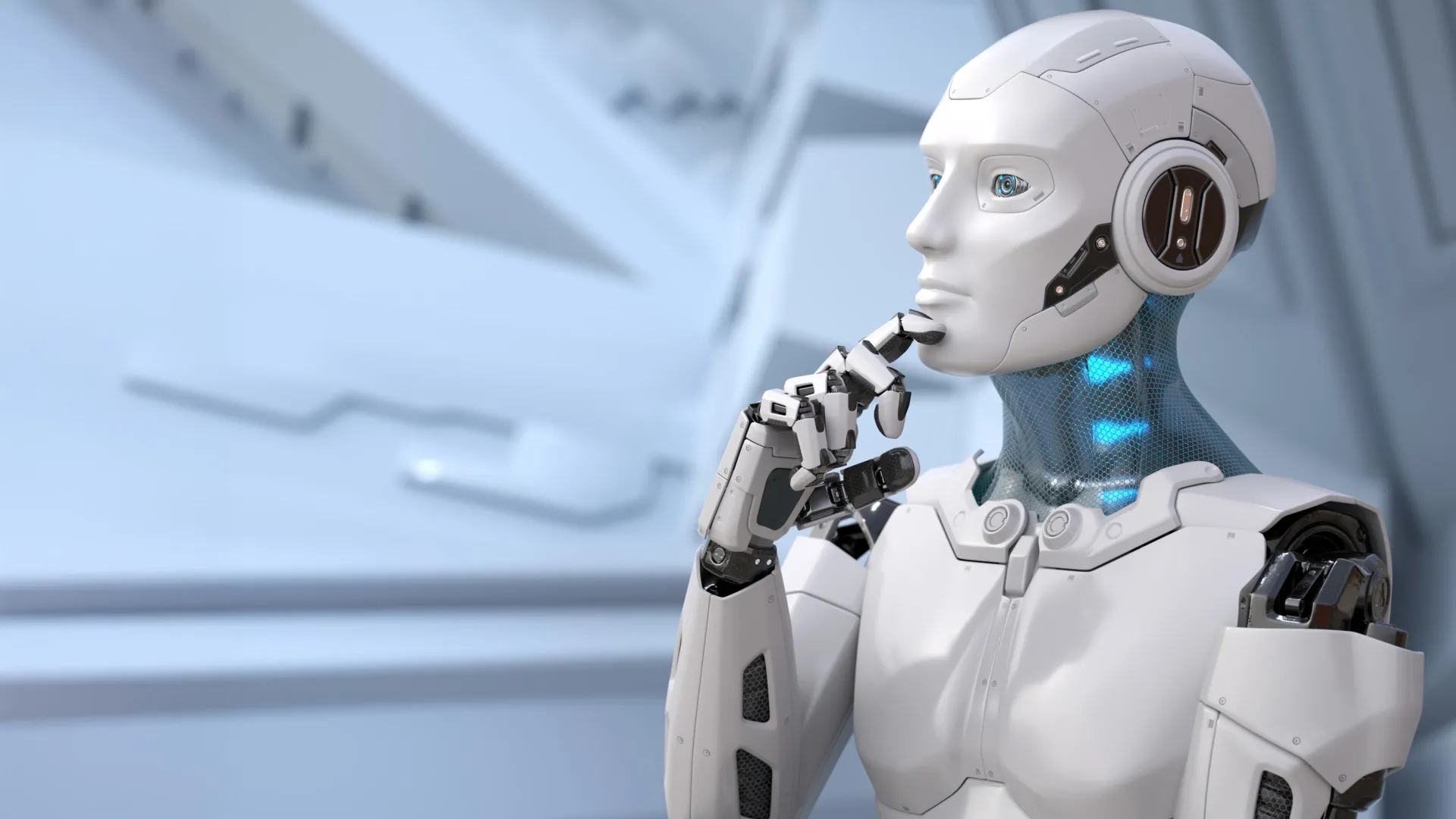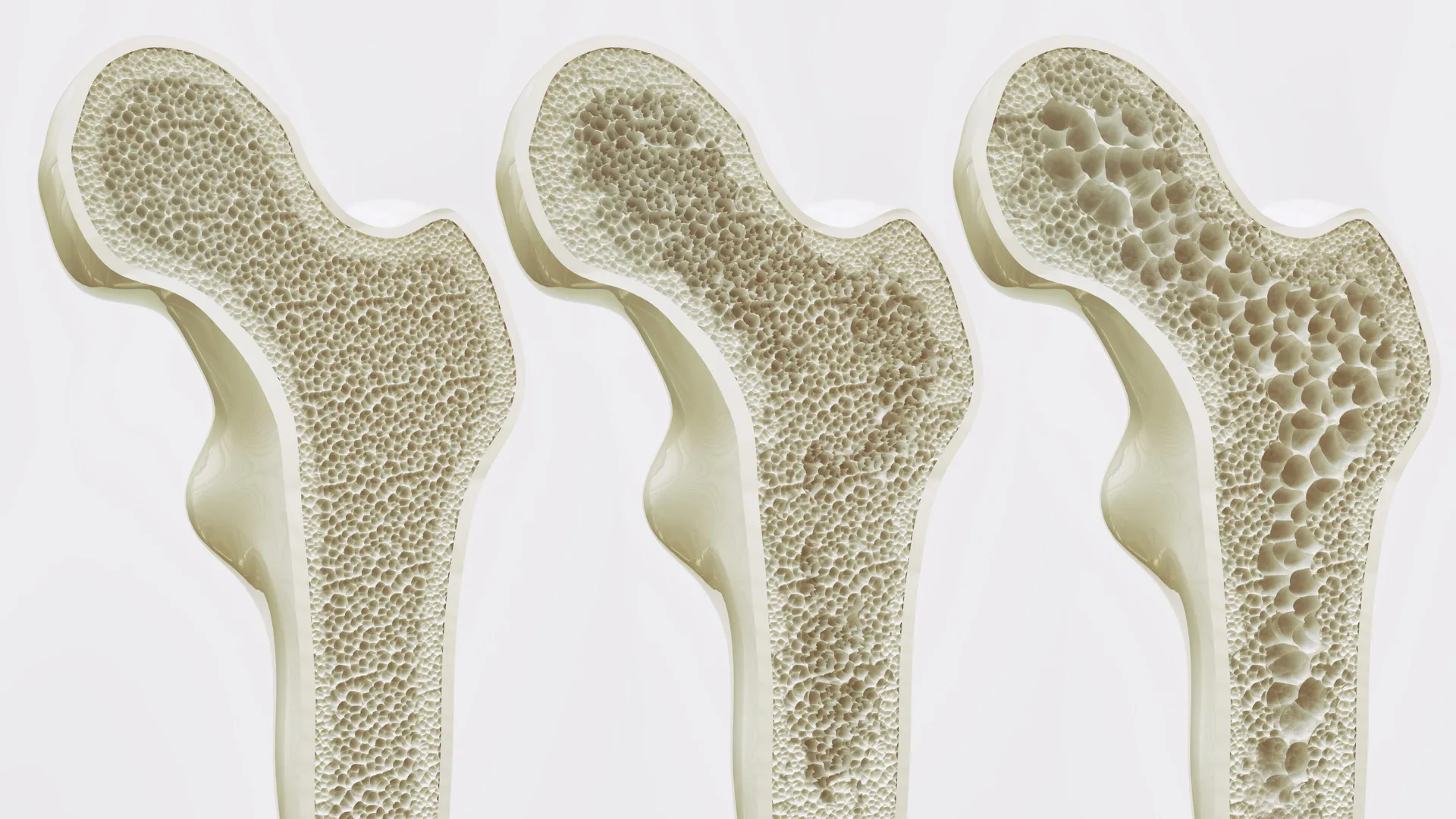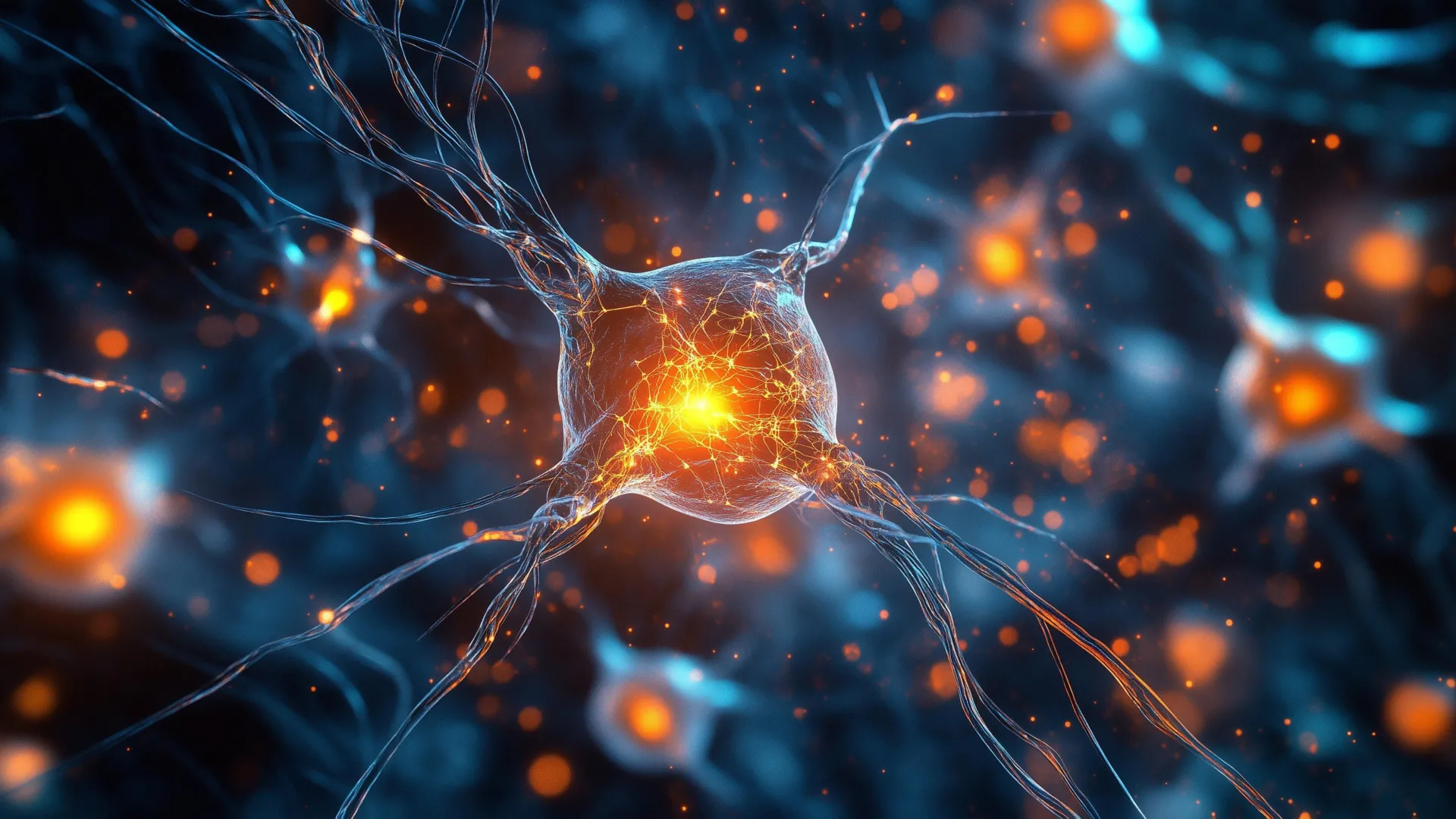A diabetes drug shows surprising promise against heart disease
Research building on earlier work in type 2 diabetes suggests the experimental drug IC7Fc may also help protect against heart disease. A new study reports that the drug can lower cholesterol levels and reduce inflammation, two major contributors to cardiovascular problems. An international research team led by Leiden University Medical…





























